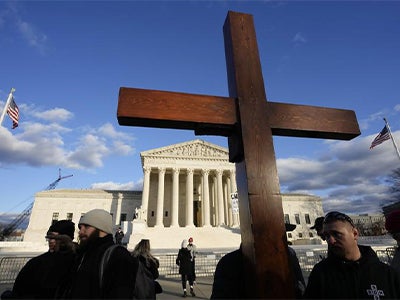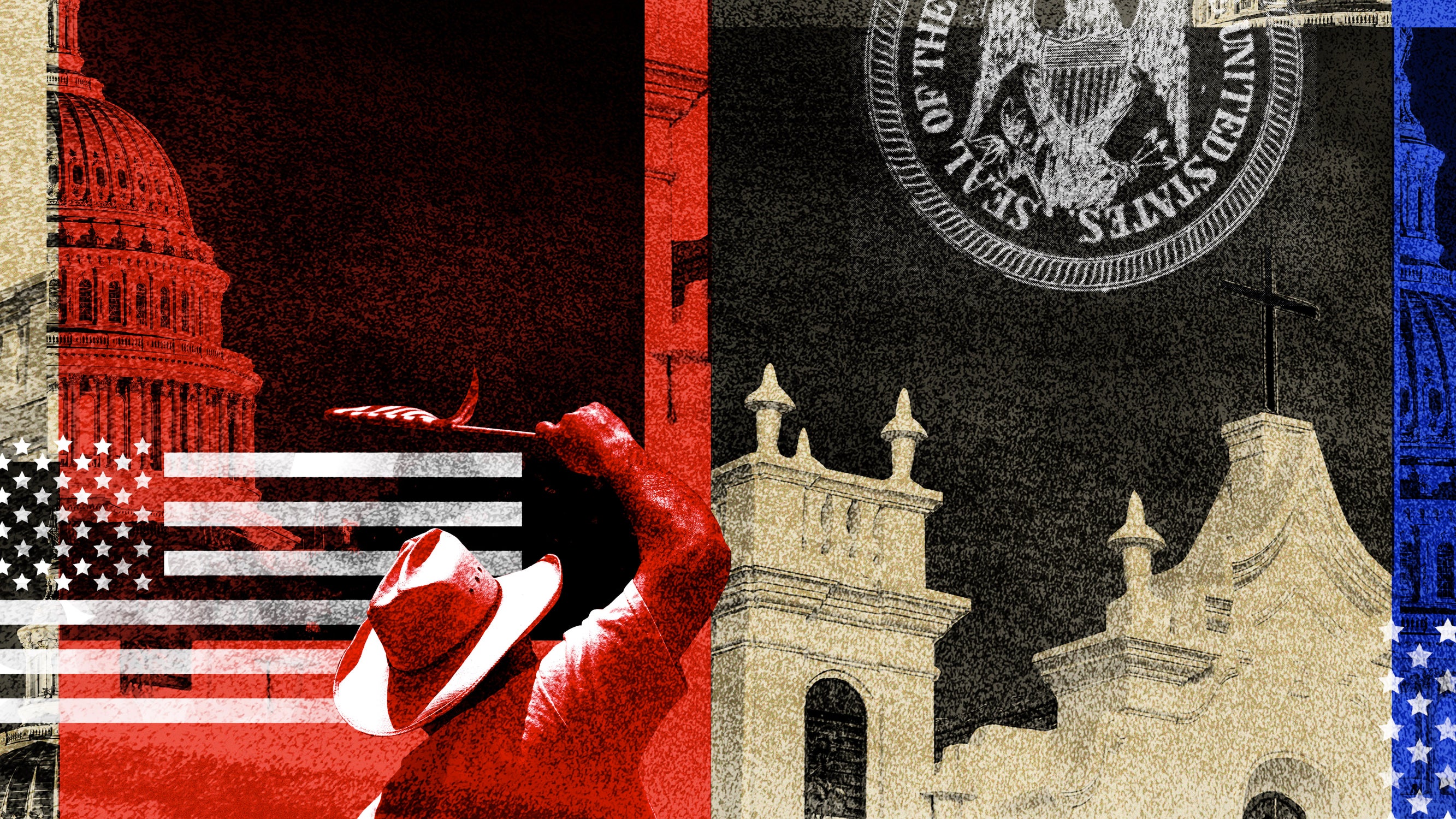 Why does Christian Nationalism (in this study, understood to mean the belief that America was founded as a Christian nation with a special obligation to God to uphold Christian identity, symbolism, practices, and mores) resonate with some Americans while others oppose it? Whether embracing or rejecting this belief, many respond from a sense of moral concern, often inferred from a moral assessment of the consequences of Christian Nationalism.
Why does Christian Nationalism (in this study, understood to mean the belief that America was founded as a Christian nation with a special obligation to God to uphold Christian identity, symbolism, practices, and mores) resonate with some Americans while others oppose it? Whether embracing or rejecting this belief, many respond from a sense of moral concern, often inferred from a moral assessment of the consequences of Christian Nationalism.
Reasons people give for supporting Christian Nationalism are varied. They include a concern for maintaining traditional lines of authority, such as those pertaining to gender, race, and religion; a moral principal of in-group loyalty (a tendency for individuals to favor and show strong allegiance to the group they identify with) and out-group hostility (a tendency to dislike and exhibit hostility towards people who are not part of one's own group); a concern for the sanctity of the American nation; and concerns about personal liberty and religious freedom. Sanctity (a concern for the integrity of collective symbols, such as the flag or the body) was found to be the moral foundation that most strongly undergirds Christian Nationalism.
Reasons that people give for opposing Christian Nationalism include its perceived threat to the principles of democratic fairness and equality; its perceived inclination towards punitiveness and violence; and a perceived tendency towards sexism and hostility towards people of color and immigrants couched in Christian language.
Boniuk Institute Associate Director of Research Kerby Goff and co-authors Eric Silver and John Iceland examined the moral culture that is shaping responses to Christian Nationalism by examining individuals' moral intuitions (strong, immediate, and stable moral beliefs that are not the result of conscious reasoning) and found that binding morality (a concern for social cohesion and order) is one of the strongest predictors of support for Christian Nationalism, regardless of demographic, political, and religious identities. Individualizing morality (a concern for equal treatment and care for all) was strongly associated with a lack of support for Christian Nationalism.
Study findings suggest a complex relationship with respect to deference to authority, pointing instead to a desire for social control that is less about respect for authority and more about tightening the reins on an imagined community--a process driven by concerns for the sanctity of the nation and a specific in-group.
Findings also suggest that Christian Nationalism resonates with individuals' moral concern for the cohesion of a Christian American identity and associated symbols which is not simply reducible to racial identity or anti-Black bias. Indeed, results indicate that endorsement for Christian Nationalism can be found across all racial groups.

